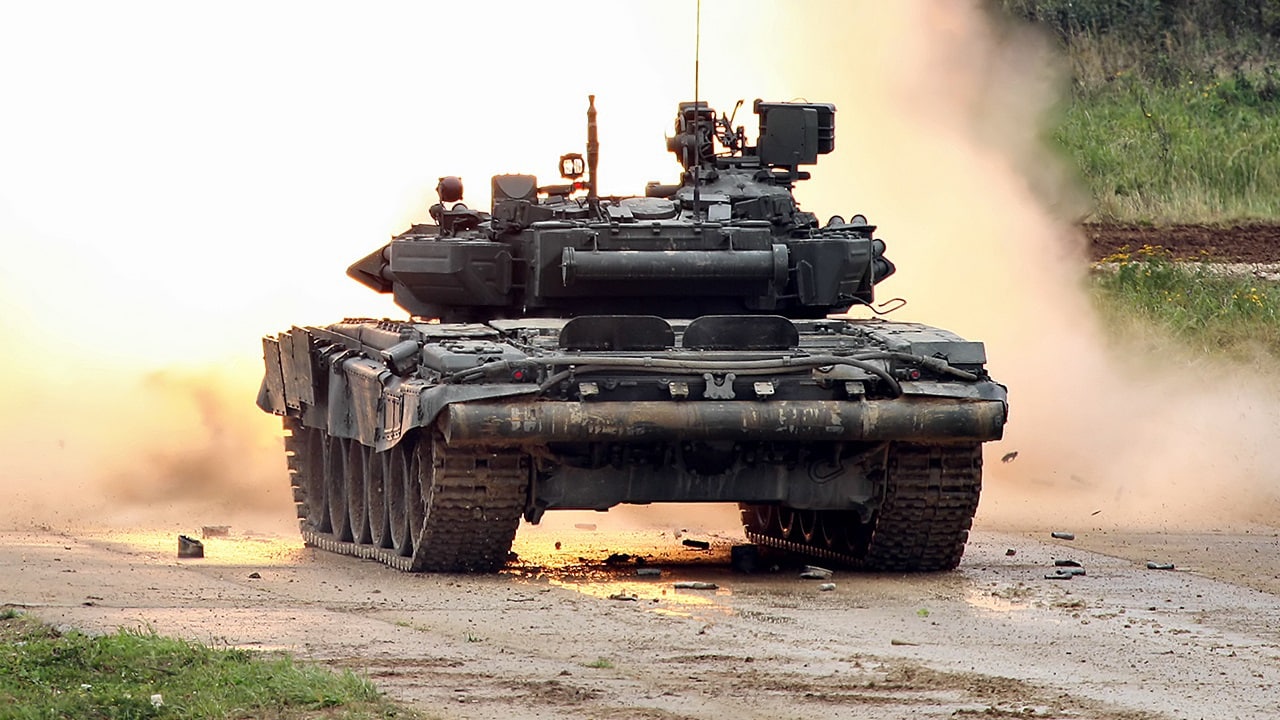U.S. and NATO officials believe that Belarus could be on the verge of officially joining the war in Ukraine, providing valuable support to Russian troops who are understood to be rapidly running out of ammunition, food, and water.
According to U.S. and NATO officials who spoke to CNN, Belarus is already taking steps to assist Russia.
“Putin needs support, anything would help,” an unnamed official told the outlet.
A senior NATO intelligence official also said that the Belarusian government is “preparing the environment to justify a Belarusian offensive against Ukraine.” If the claims are true, it means that Belarus is looking for a pretext to officially engage in the conflict and assist Russians in conquering Ukraine in the same way that Russian President Vladimir Putin justified the invasion with claims that he intended to “DeNazify” the country.
Last month, Belarus amended its constitution to allow Russian forces and nuclear weapons to be permanently based in the country, though Russia has not yet moved any nuclear weapons to the region. Changes to the constitution, however, indicate Belarus’ willingness to assist Russian President Vladimir Putin even as other allies – including China – refrain from assisting in the military offensive.
What Does Belarus Have to Lose?
Given that the amendments to Belarus’ constitution will allow President Alexander Lukashenko to remain in power indefinitely, there is no immediate threat to Lukashenko as the nation’s leader. Not only will Lukashenko have the opportunity to be reelected in 2035, he will also have the opportunity to stay in power as the leader of the All-Belarus Assembly.
Assisting Vladimir Putin will be unlikely to affect Lukashenko’s leadership position, and with Western sanctions already in place against Belarus, helping the Russian president may actually give Belarus opportunities for greater economic cooperation with Russia in the future.
Sanctions against Belarus by the United States date back to 2006. Then-President George W. Bush issued an executive order in response to revelations that the 2006 presidential election in the country was not fair. Sanctions were placed on the Belarusian president and other government officials, officially designating them “Specially Designated Nations,” blocking their assets and prohibiting them from engaging or dealing with American businesses.
This month, the European Union expanded sanctions against Belarus for its support of the Russian invasion of Ukraine, blocking 70% of all imports from the country.
Similarly, the United States responded to Belarusian support for the invasion, unveiling fresh sanctions against the country.
“Treasury continues to disrupt Belarus’s military and financial capabilities through targeted sanctions. Further, due to the interconnectedness between the two countries, the actions Treasury took against Russia today will also impose severe economic pain on the Lukashenka regime,” Treasury Secretary Janet Yellen said this month.
With Belarus already largely reliant on Russia for military, economic, and political support over the last decade, the country not only owes a debt of gratitude to Russian President Vladimir Putin but also has very little to lose for providing military assistance.
Jack Buckby is a British author, counter-extremism researcher, and journalist based in New York. Reporting on the U.K., Europe, and the U.S., he works to analyze and understand left-wing and right-wing radicalization, and reports on Western governments’ approaches to the pressing issues of today. His books and research papers explore these themes and propose pragmatic solutions to our increasingly polarized society.

